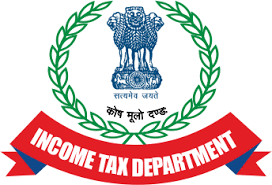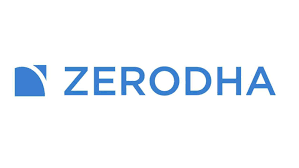The income tax department has uncovered a scheme involving fraudulent use of Permanent Account Numbers (PAN) by individuals to falsely claim house rent allowance (HRA), despite not being tenants, as per a report by Times of India (ToI). Initial findings suggest that approximately 8,000-10,000 significant cases have been identified, with amounts exceeding Rs 10 lakh in many instances. The investigation was initiated when authorities discovered purported rent receipts totaling around Rs 1 crore under an individual’s PAN. However, upon interrogation, the individual denied any knowledge of these transactions. Subsequent inquiry revealed that the individual had not actually received the rent attributed to them.
This revelation prompted the income tax department to conduct a deeper inquiry, uncovering widespread misuse of PANs by deceitful individuals aiming to secure tax deductions from their employers. The extent of abuse has become alarming, with instances emerging where employees from specific companies have exploited identical PANs to claim tax benefits.
Tax officials have stated that the department is actively pursuing employees who have filed fraudulent claims, aiming to recoup the owed taxes. However, it remains uncertain whether legal action will also be taken against them. This case underscores yet another example of PAN misuse, often without the knowledge of the cardholder. Adding complexity to the situation is the current threshold for TDS (tax deducted at source), which applies only to monthly rents exceeding Rs 50,000 or annual payments surpassing Rs 6 lakh. Consequently, many employees have exploited this loophole to evade taxes on rental income.
An expert highlighted the importance of genuine financial transactions and emphasized the risk of facing penal consequences for fraudulent claims. They advised that rent payments should be made through cheque or electronic transfer to demonstrate the genuineness of the transaction, and landlords need to report rental income in their returns.
Tax officials clarified that the fault lies with the employee, and employers cannot be held liable even if multiple individuals quote the same PAN for rent payment. Employers are expected to have reasonable checks and balances in place while obtaining proof of rent paid to allow HRA exemption. In some cases, employers have policies to terminate employees found submitting fake claims for HRA or other allowances.
HRA (House Rent Allowance) is a part of the salary paid to individuals and comes with specific tax benefits. To qualify for tax benefit on HRA, individuals must be salaried employees, reside in rented accommodation, and pay rent. Tax benefits for HRA are available only under the old tax regime.
The amount of HRA exempt from tax is determined based on the least of the following three: actual HRA received from the employer, annual rent paid minus 10% of the salary, or 50% of the employee’s basic salary (for metro cities) or 40% of basic salary (for non-metro cities).
Employees must furnish documentary evidence of rent payment, such as rent receipts or rental agreements, to be eligible for tax exemption on HRA. It is essential to have a formal rental agreement specifying details like rent amount, duration of tenancy, and other terms and conditions.
Employees receiving HRA cannot claim exemption under the Income-tax Act if they reside in their own house. They must actually live in rented accommodation.



